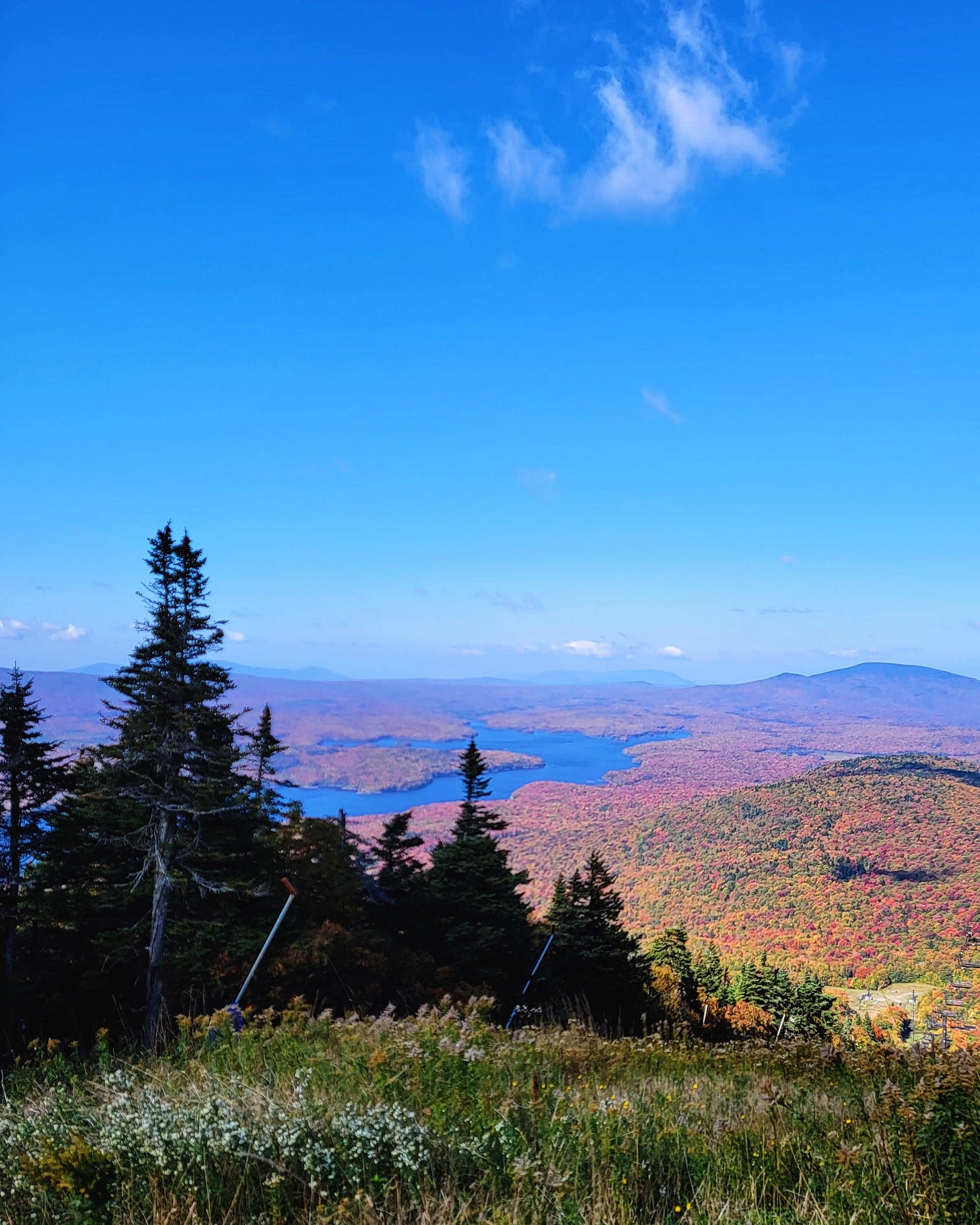Fall greetings from New England! And if you celebrate, Happy Samhain! October is one of my favorite times of year. The colors. The crisp air. The sweaters. The sense of mischief.
The newsletter is at 415 subscribers (Thank you!) and I would dearly love to reach an even 500 by th…
Keep reading with a 7-day free trial
Subscribe to Pole to Pole Travel with E.O. Connors to keep reading this post and get 7 days of free access to the full post archives.





